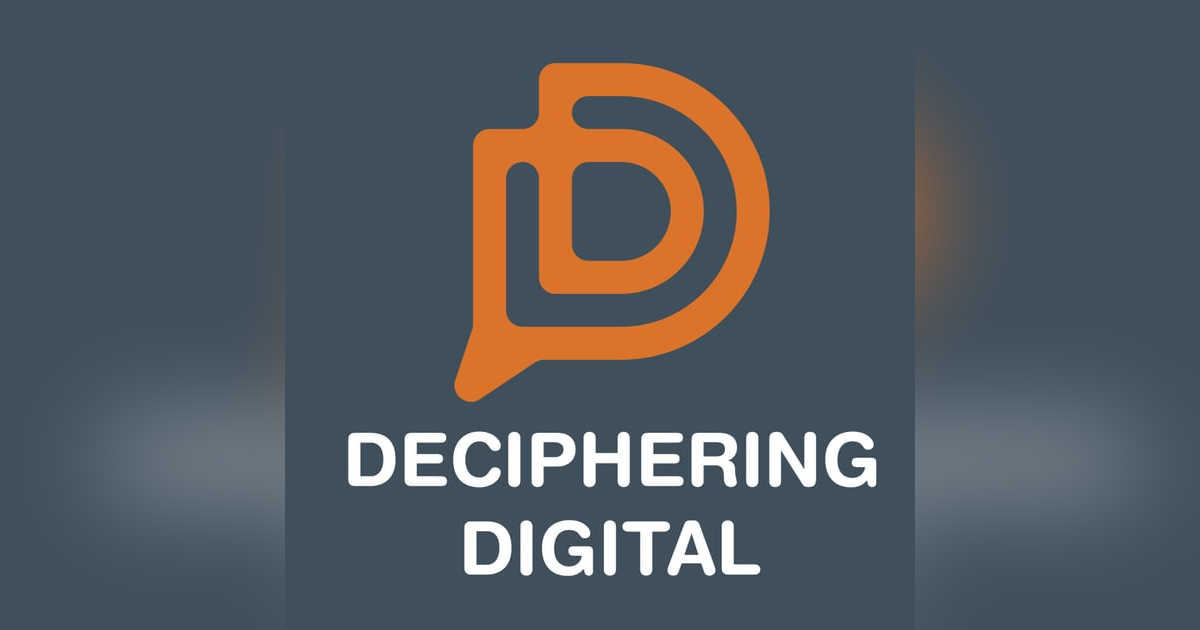Incorporating AI-generated content into your content strategy offers immense potential, but it's essential to strike a balance with human expertise to ensure the authenticity and relevance of the content.
Human involvement in the E-E-A-T process is vital because it provides the context, emotion, and personal user experience that artificial intelligence cannot replicate. This human input then guides the AI to generate more accurate, comprehensive, relatable, and engaging content for the readers.
David Yarian highlighted this point in the podcast, discussing the power and limitations of AI in content creation. While AI can enhance the efficiency and scope of content production, it cannot fully replace the nuanced understanding and personal touch that human creators bring.
Therefore, using AI to complement human creativity and insight as a content creator is vital. AI has shown great potential in providing critical support to content creators, but its capabilities (at least currently) are not all-encompassing. Sure, it can process vast amounts of data with immense speed, identify patterns, and generate content based on predefined parameters.
But what AI lacks is the innate human ability to perceive subtle nuances, contextual implications, and emotional undertones. Nor can it utilize experiential knowledge or personal anecdotes to resonate with the readers emotionally. The innovation lies in leveraging AI as a tool to augment human creativity, not replace it altogether.
Google recognizes the potential of Artificial Intelligence (AI) and its growing role in various digital content creation and optimization aspects for website owners. The tech giant doesn't object to using AI for content creation so long as the user-generated content meets its quality guidelines and effectively serves the user's intent.
This approach allows for a synergistic blend of technological efficiency and human authenticity in poor user experience, ensuring that the content meets SEO standards and genuinely engages and resonates with the audience. This is what Google values.






